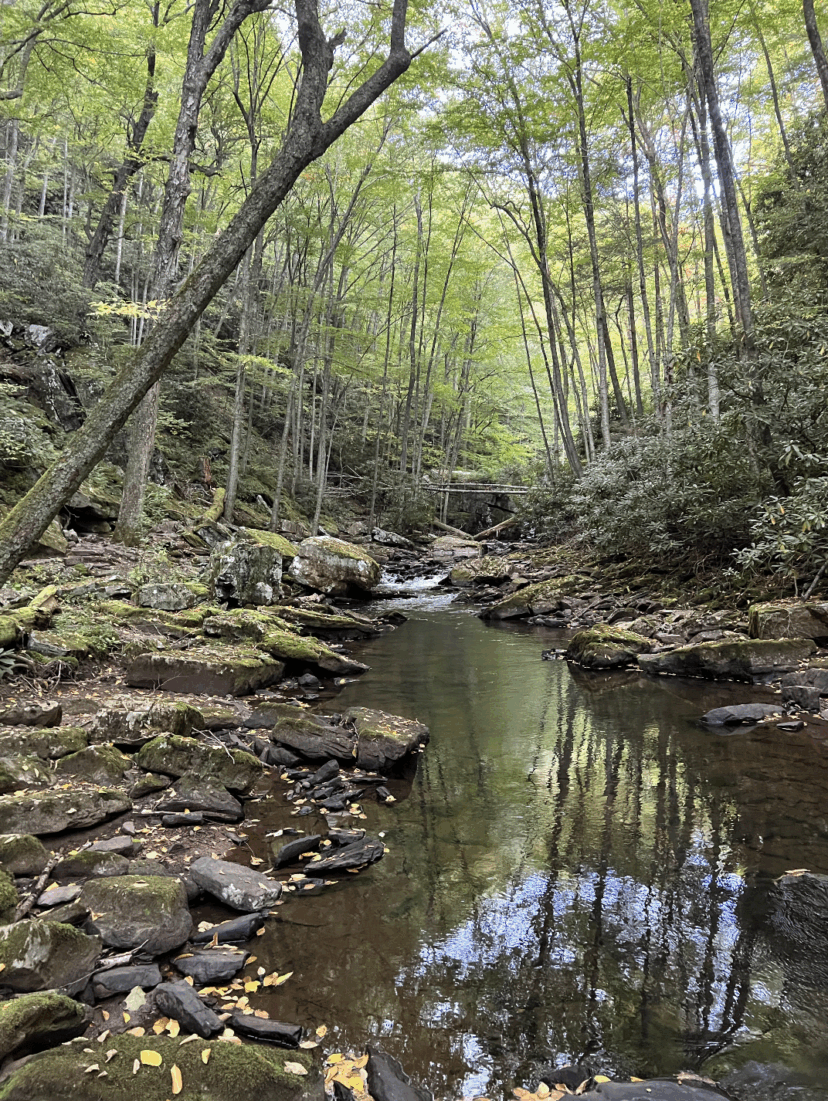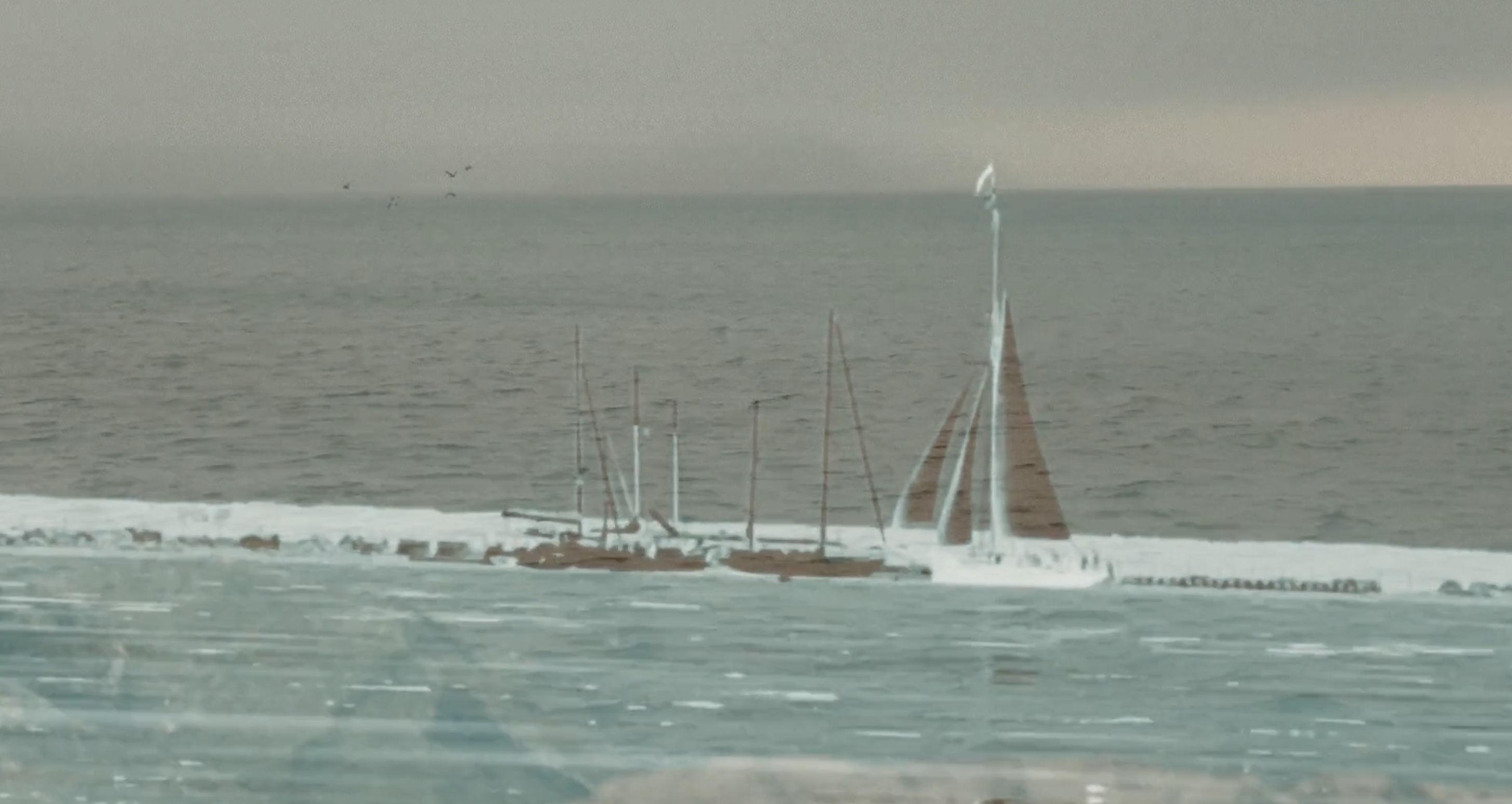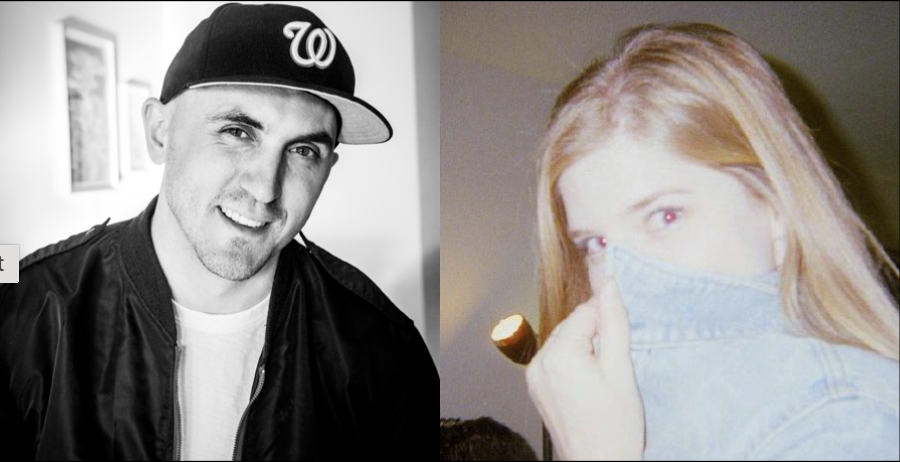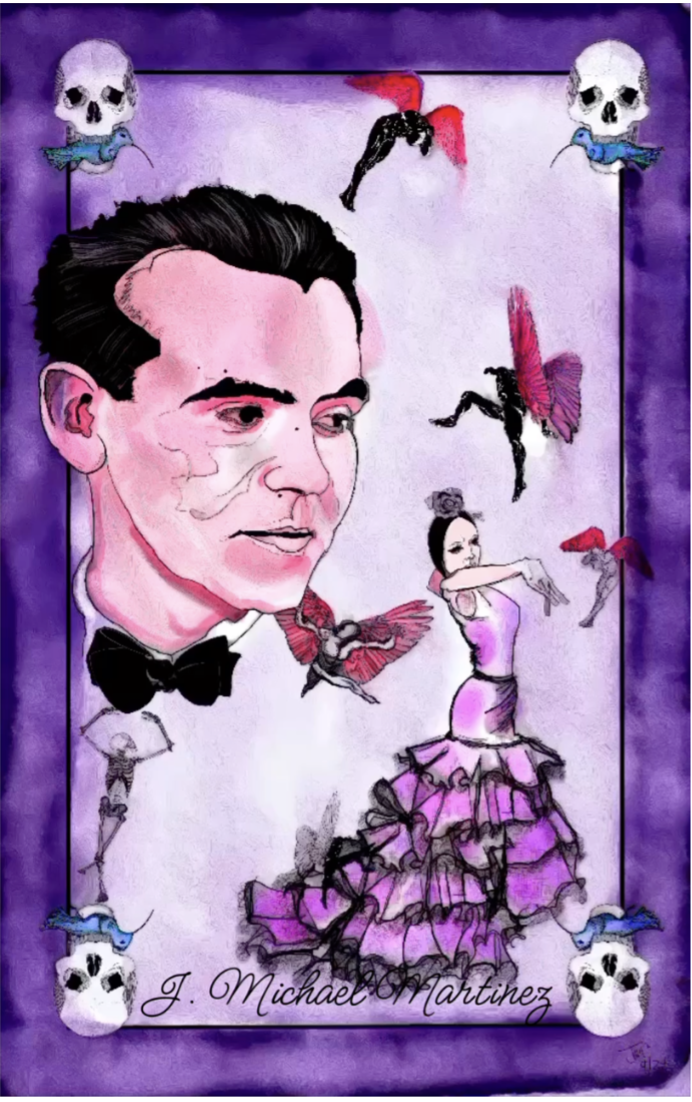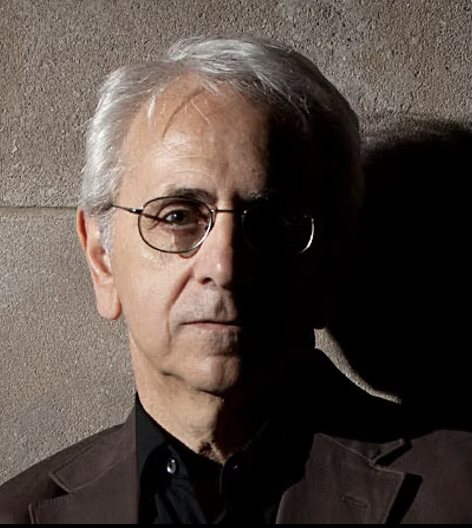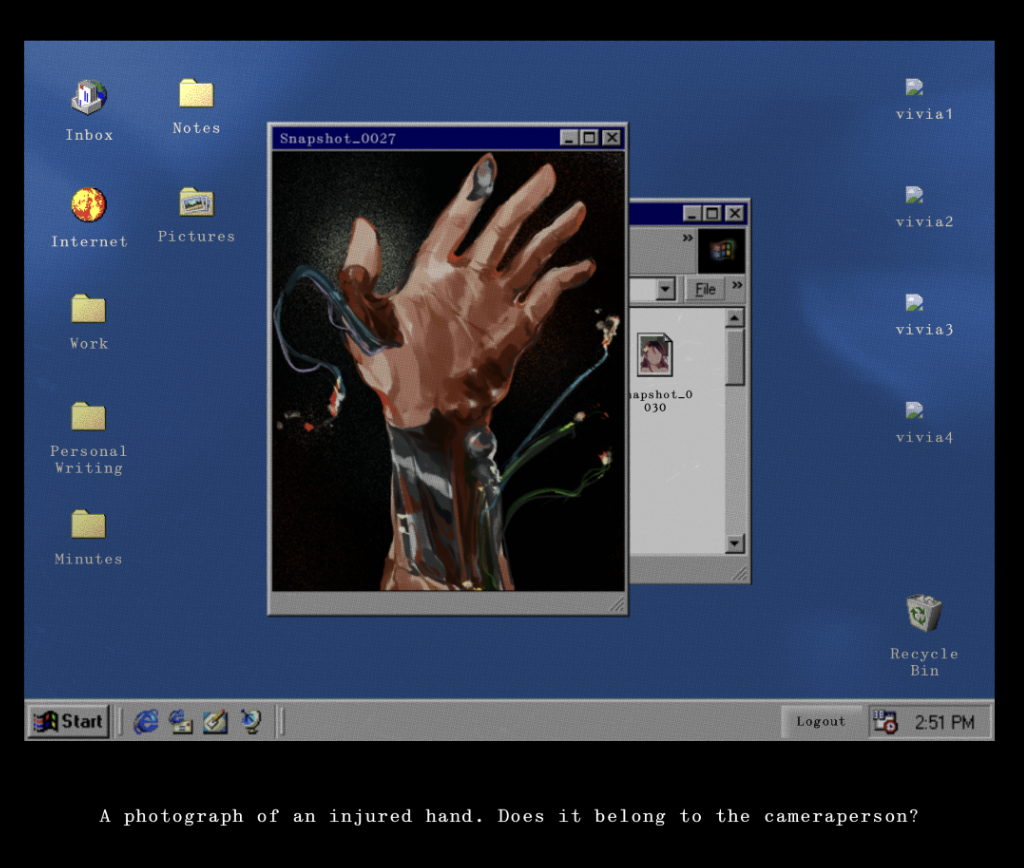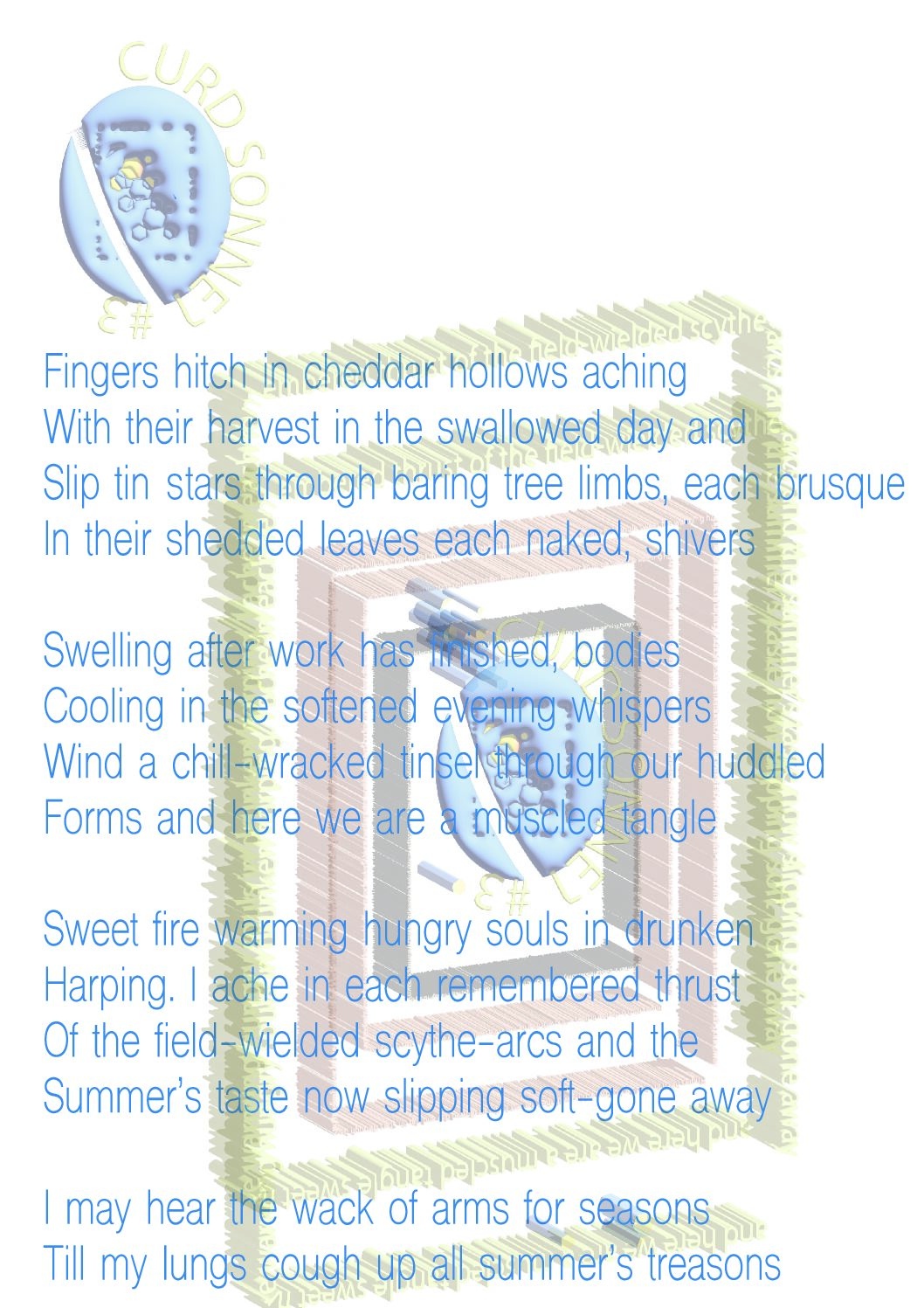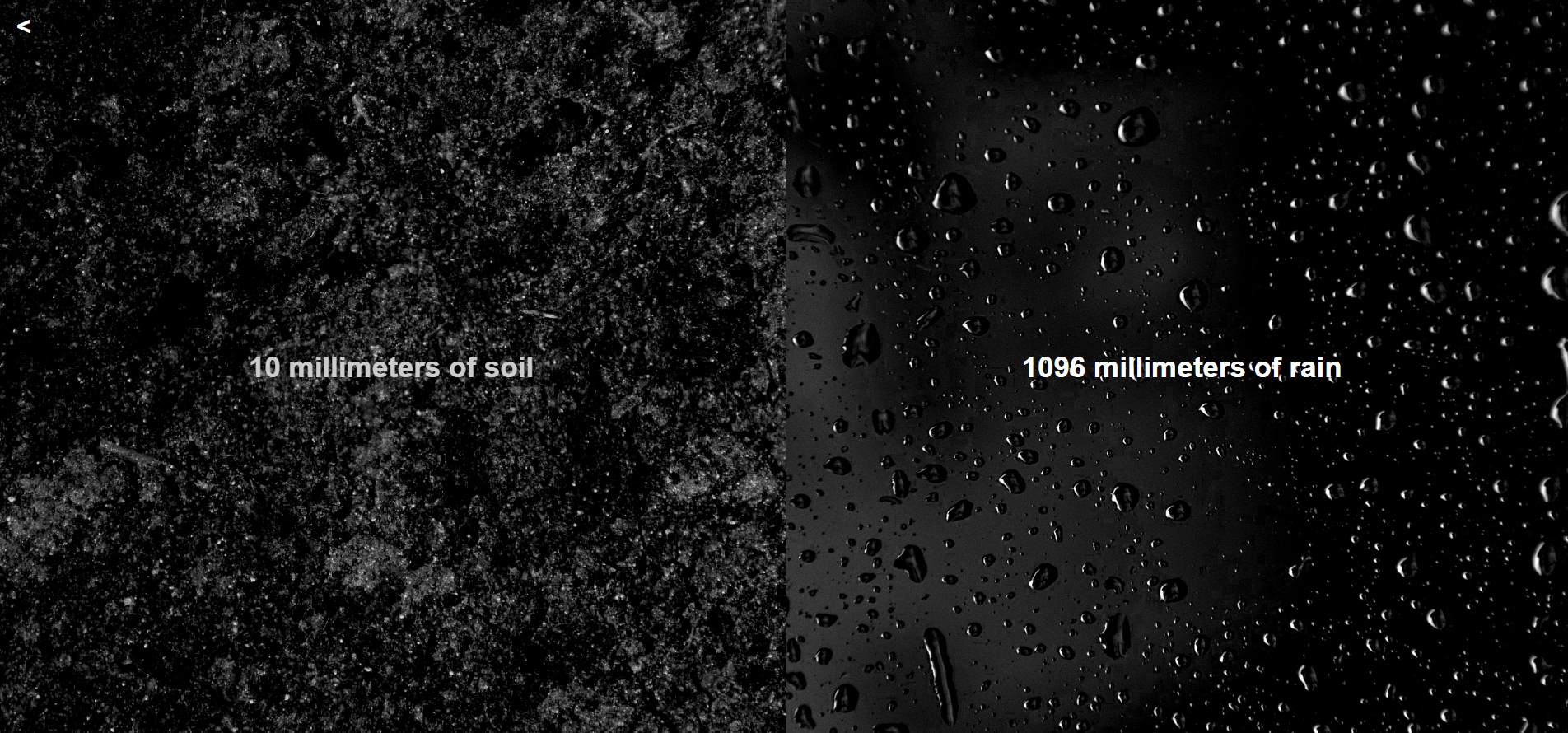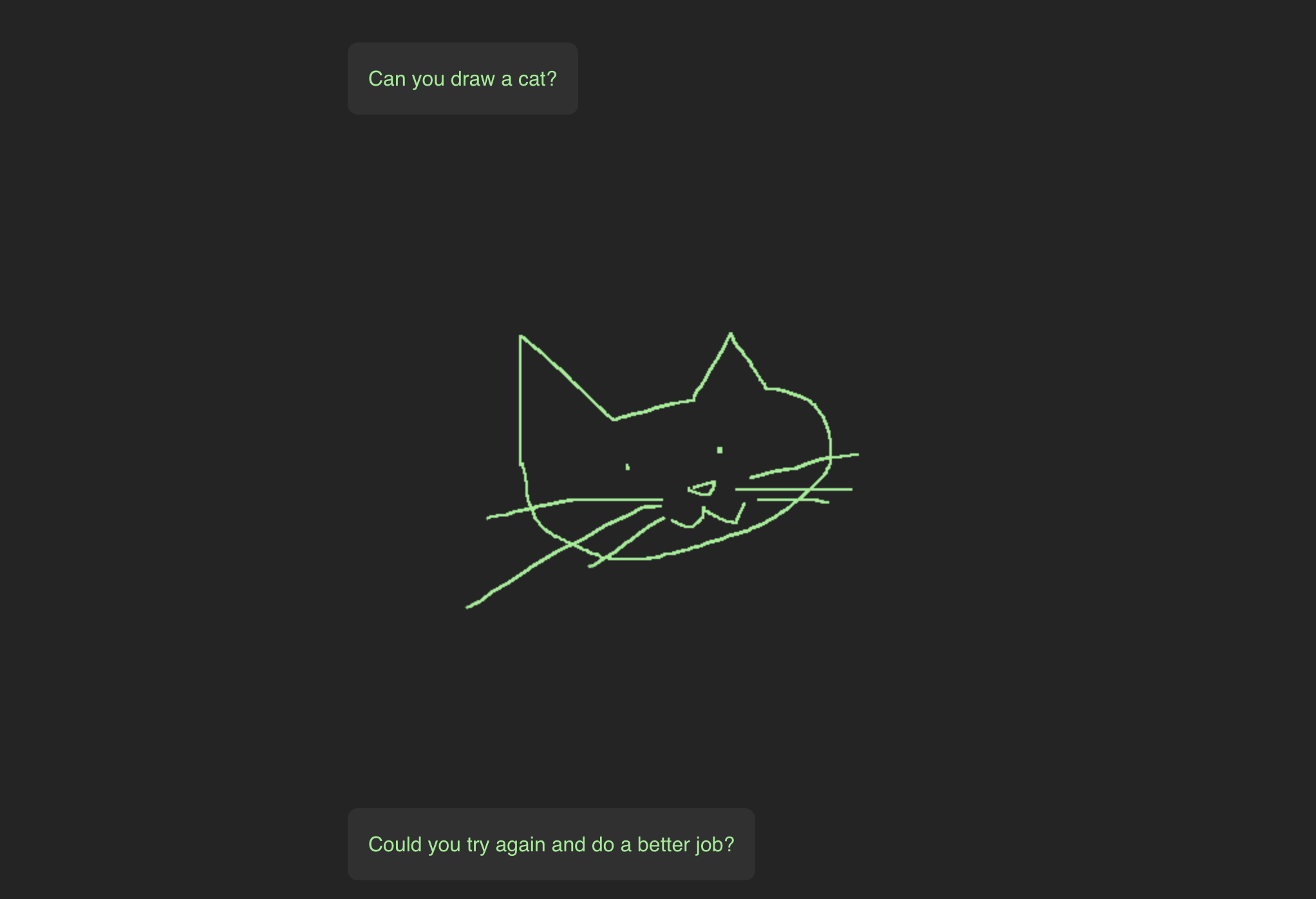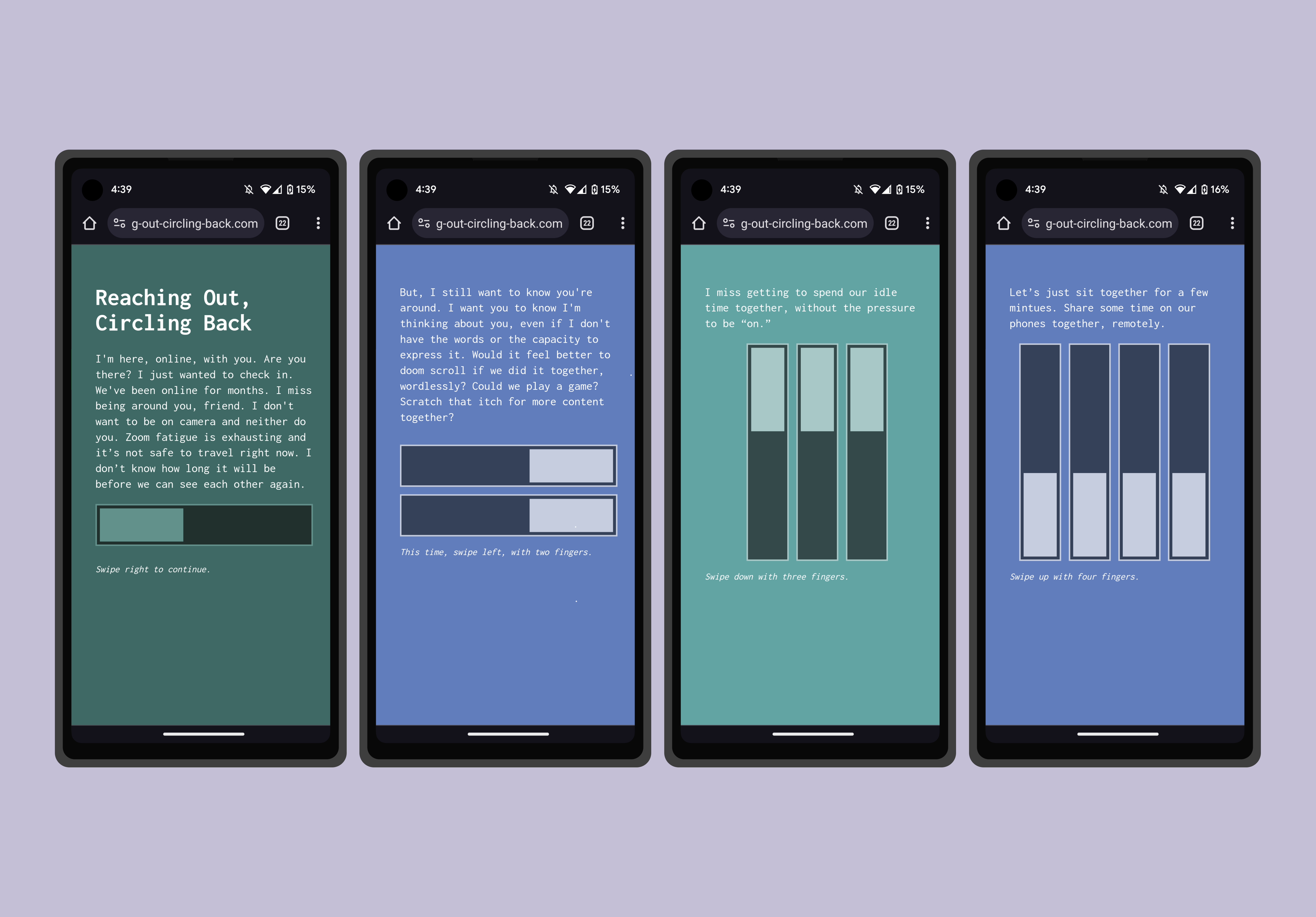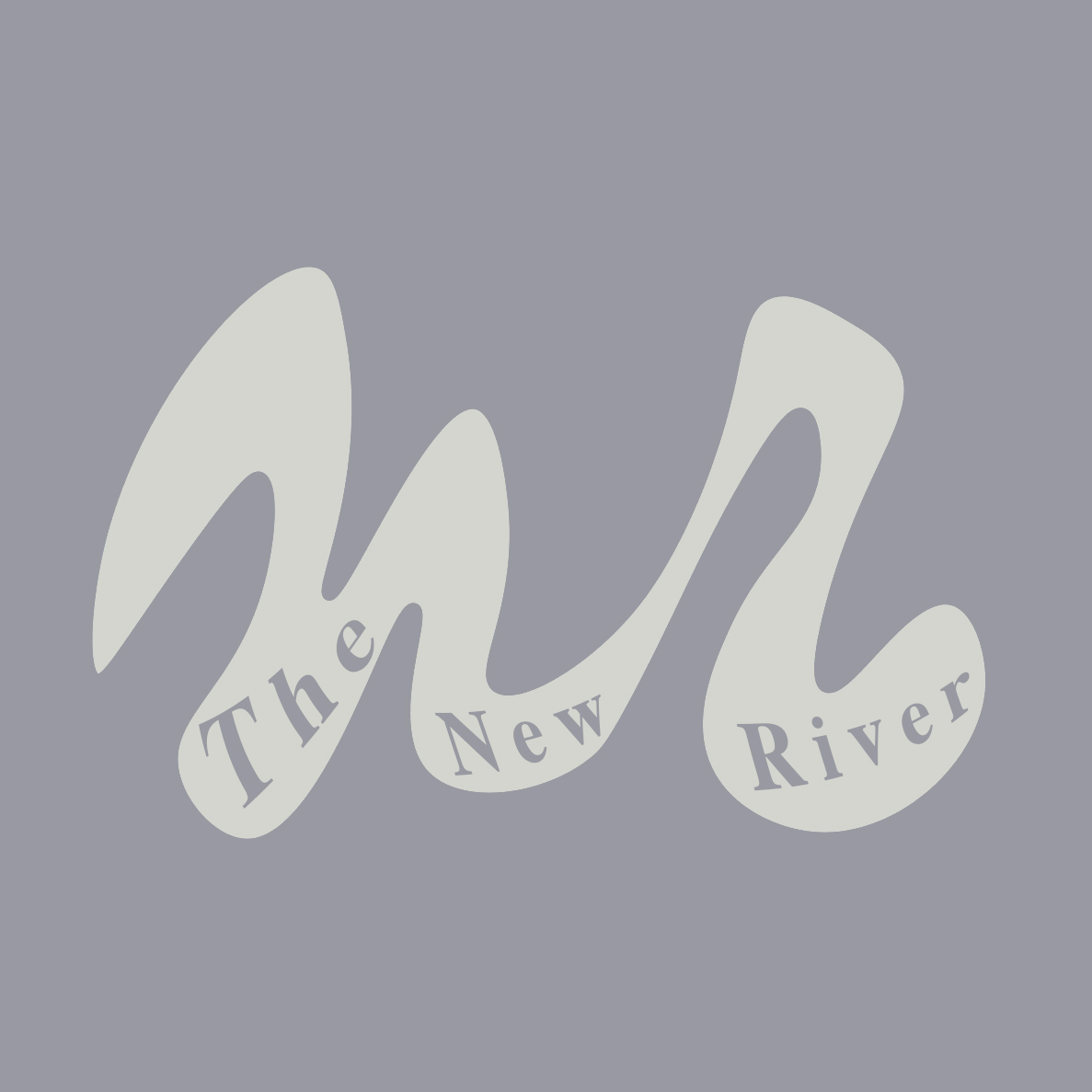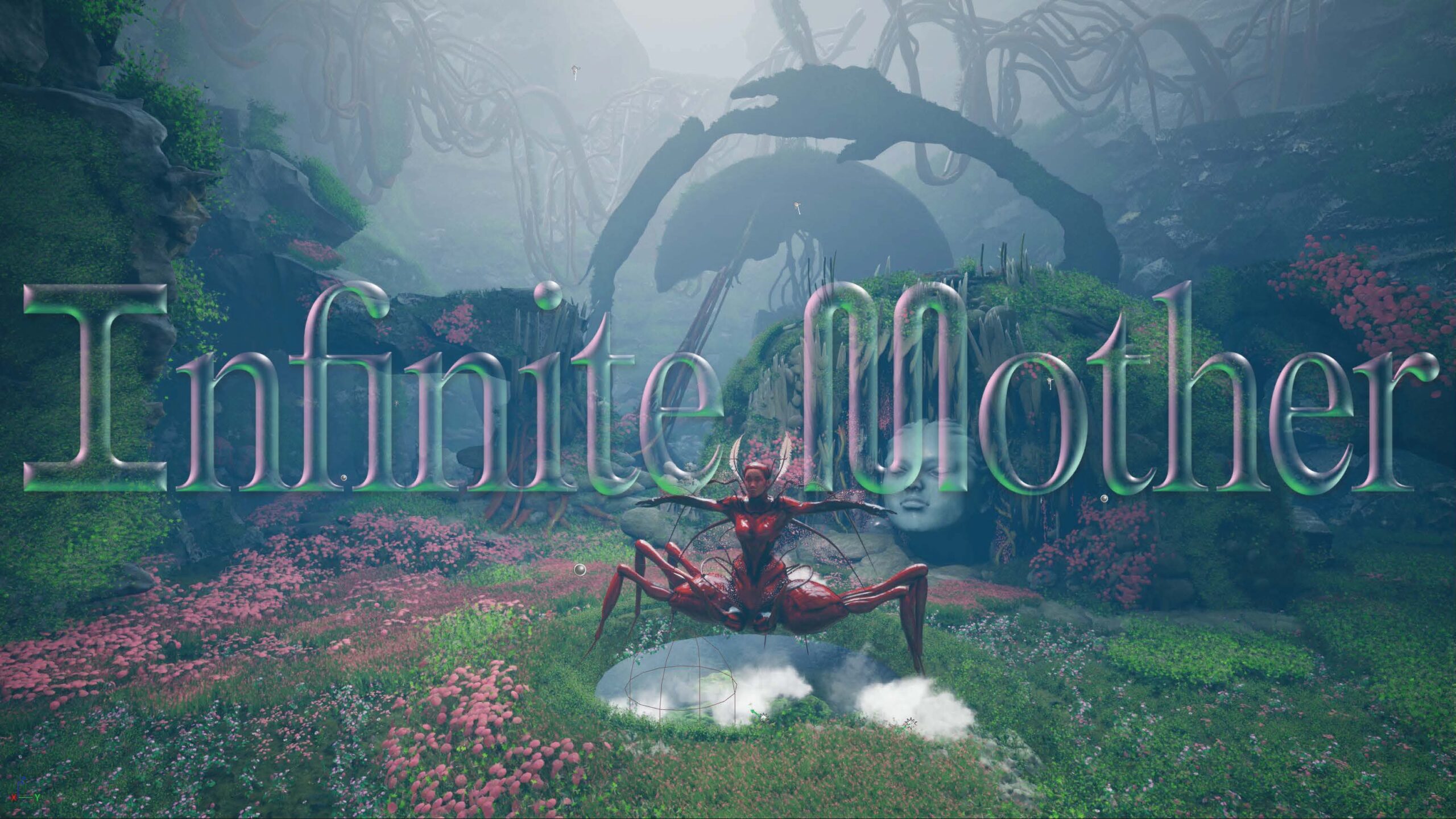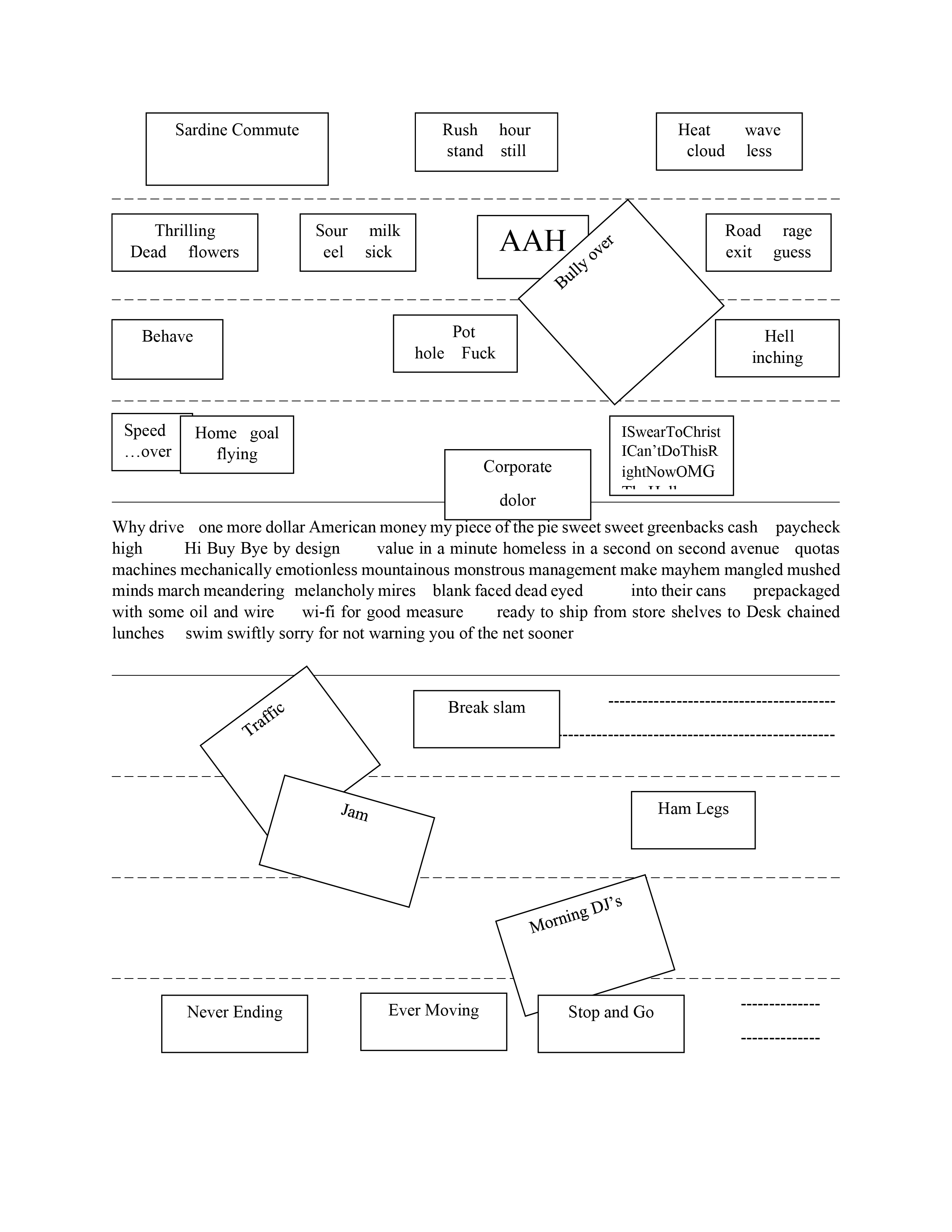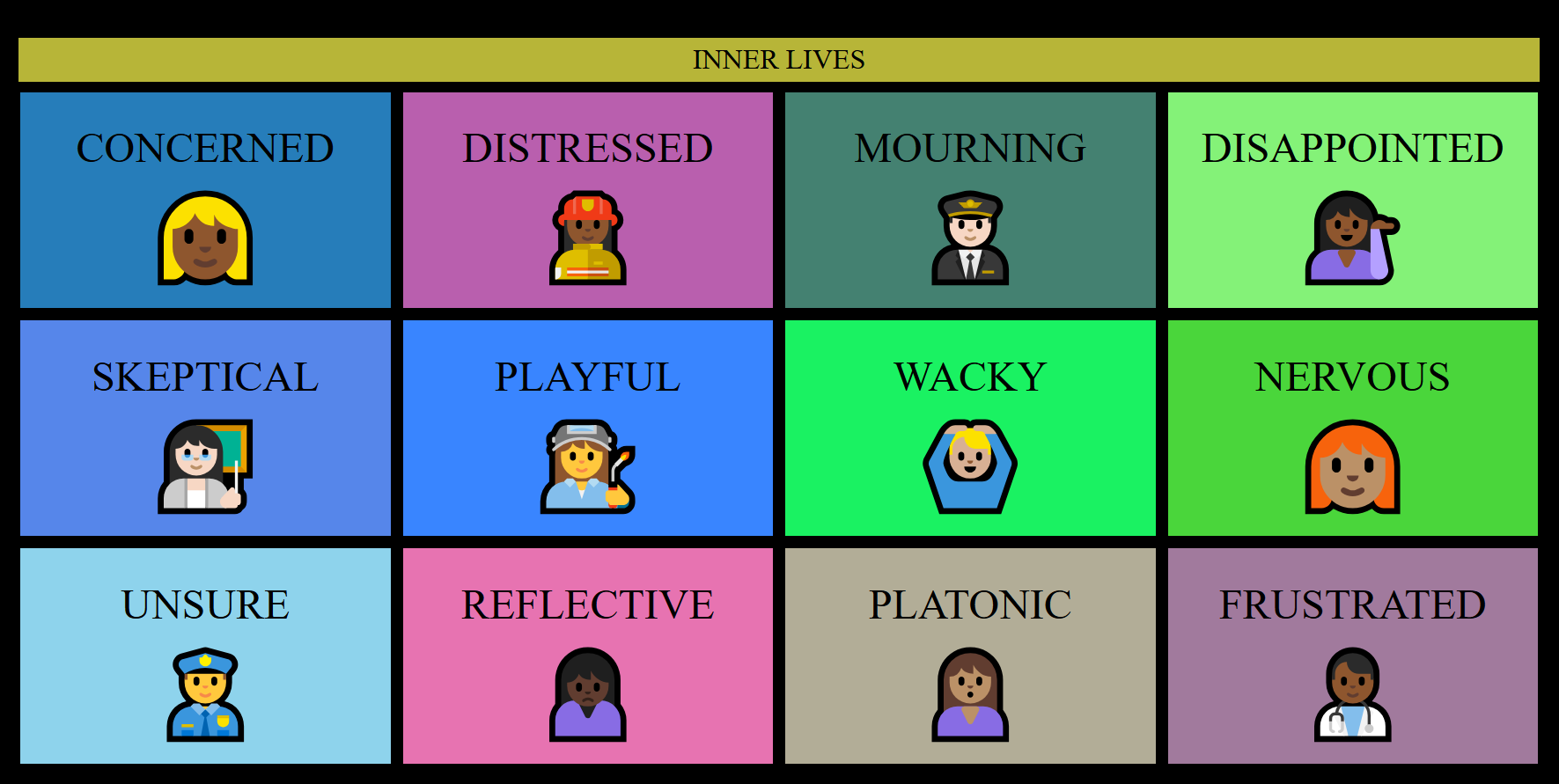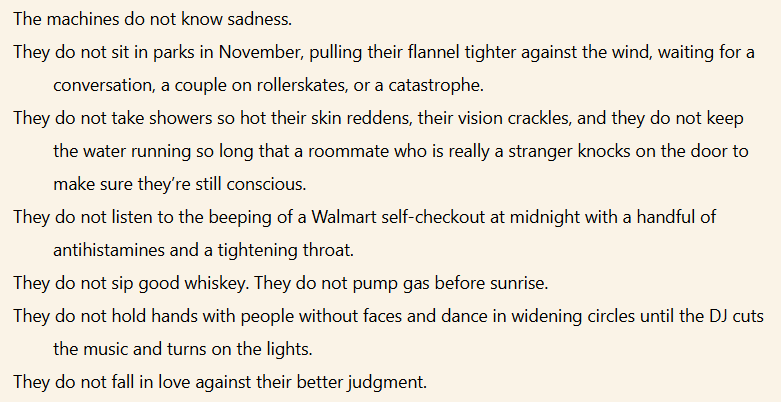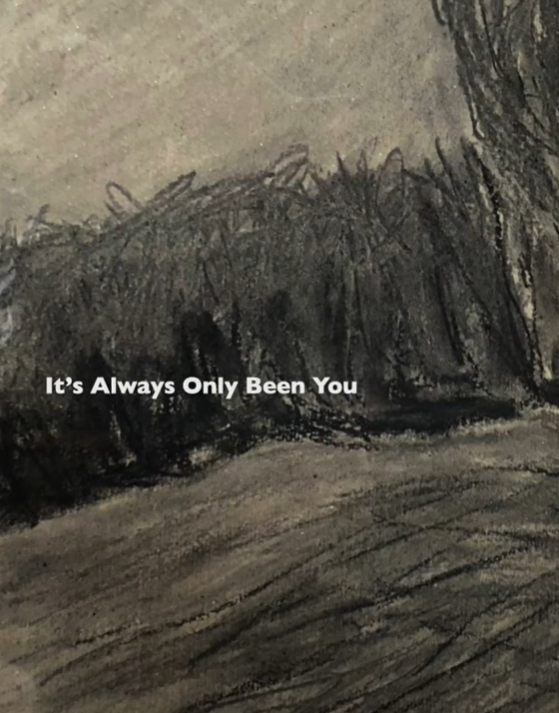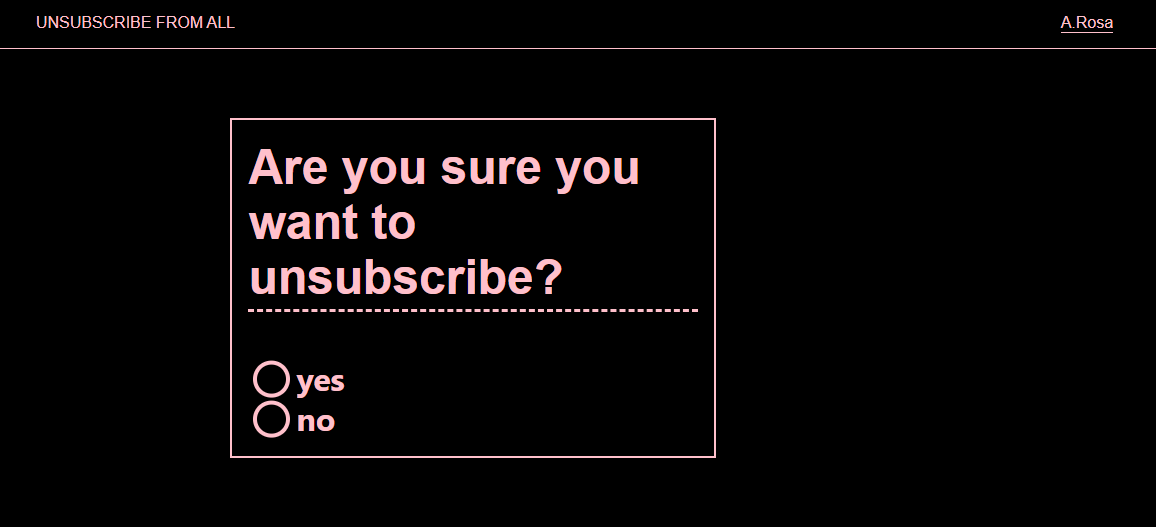Motto
By Vincent Morisset, Sean Michaels, Caroline Robert and Édouard Lanctôt-Benoit. A production by the National Film Board of Canada developed by the studio AATOAA.
motto.io (Motto must be experienced on a phone browser)
Motto is a playful, one-of-a-kind adventure—an interactive novella that uses thousands of tiny videos to tell the thousand-year tale of a kindhearted spirit named September. Part ghost story, part scavenger hunt, Motto finds a way to be both documentary and fiction—incorporating participants’ lo-fi, unstaged footage into its own emotional narrative. It’s like a mirror ball that refracts its audience’s imaginations, rearranging the way they look at the world.
Conceived for your mobile device, small enough to fit in your pocket, Motto combines new technologies with some of our oldest. Text, image, algorithm and computer vision intermingle as a nameless narrator leads the participant from today to yesterday to a possible tomorrow, from the Québécois countryside to the Chilean desert to the chattering banks of the Nile. September has gone missing: Where has this ghost disappeared to? What can we learn on our quest? Meditating on memory, metaphor and the power of creativity—and calling upon each of its users’ senses—Motto gives birth to its own fascinating, intimate universe, where you will never guess what happens next.
Motto is an original collaboration between AATOAA, Vincent Morisset’s acclaimed digital production studio, and prize-winning novelist Sean Michaels. This is the third collaboration between the National Film Board of Canada and Vincent Morisset, after the Webby Award winners BLA BLA (2011) and Way to Go (2015). With this project they are exploring a new, intuitive storytelling vocabulary, inviting audiences to fold their own memories into the way a tale is told, and drawing on influences as diverse as Agnès Varda, Snapchat, Italo Calvino, Christian Marclay, Bruno Munari, W. G. Sebald and Being John Malkovich.


Motto uses a mixture of live video analysis, neural-network-assisted computer vision and its own custom curation system to integrate users’ footage, applying dynamic special effects and interactivity. Meanwhile, Motto’s creative team seeded the work with its own collection of videos, including a handful of startling set pieces. The resulting experience marries traditional literary forms with the short-form video vernacular of the 2020 Internet, from Snapchat to TikTok and Instagram Stories—a non-linear 2,000-page mystery that’s expressed in a dazzling array of anonymous, amateur video clips, growing larger every day.

When viewers experience Motto, they enter a world of meaning-making and play. As the ghost story unfolds, they are asked to contribute to the experience—it’s a scavenger hunt of miniature video clips, each one an easy, digestible task. Motto uses an ingenious, hidden logic to weave these videos into its narrative, letting the viewers’ own images become stand-ins for the narrator’s daydreams and mementos. Gradually—and, in a crucial design choice, anonymously—everybody who experiences Motto is joining forces with those who have experienced it before, adding intimate fragments of their lives to a pool of collective memory.
Motto is told in episodes—an hour-plus experience presented as a series of discrete chapters. Because it lives on the web, as an interactive experience for mobile devices, users can take it with them, discovering each episode at their own pace. It up-ends the traditional role of the spectator, transforming the passive viewer into a protagonist and co-creator. You can contribute to the story even as you explore it—shooting clips with your phone that reappear in surprising and even emotional ways.

Motto uses a mixture of live video analysis, neural-network-assisted computer vision and its own custom curation system to integrate users’ footage, applying dynamic special effects and interactivity. Meanwhile, Motto’s creative team seeded the work with its own collection of videos, including a handful of startling set pieces. The resulting experience marries traditional literary forms with the short-form video vernacular of the 2020 Internet, from Snapchat to TikTok and Instagram Stories—a non-linear 2,000-page mystery that’s expressed in a dazzling array of anonymous, amateur video clips, growing larger every day.
Credits
Created by Vincent Morisset, Sean Michaels, Édouard Lanctôt-Benoit and Caroline Robert. Developed by the studio AATOAA.
Produced by the National Film Board of Canada.
Creation
Directed by
Vincent Morisset
Written by
Sean Michaels
Coded by
Édouard Lanctôt-Benoit
Editing by
Caroline Robert
Shootings
Caroline Robert & Vincent Morisset
National Film Board of Canada
Producer
Marie-Pier Gauthier
Executive Producers
Louis-Richard Tremblay
Hugues Sweeney
Production Manager
Marie-Eve Babineau
Technology Director
Martin Viau
Editorial Managers
Valérie Darveau
Laurence Dolbec
Senior Production Coordinator
Léa Graziella Formigli
Interactive Media Coordinator
Caroline Fournier
Administrator
Marie-Andrée Bonneau
Senior Administrative Coordinator
Claudia Boutin
Production Coordinator
Dominique Brunet
Information Technology
Sergiu Suciu
Marketing Manager
Laurianne Desormiers
Marketing Coordinator
Stéphanie Quevillon
Social Media Strategists
Emilie Nguyen Ngoc
Hannah Martin
Community Managers
Alyssia Duval-Nguon
Melissa Sauvé
Press Relations
Nadine Viau
Jennifer Mair
Legal Services
Christian Pitchen
Collaborators
Fixer (Chili)
Pablo Esquer
Research
Fadwa Lapierre
Archive Footage
Aaron Morris
Albert Courtemanche & Bibliothèque et Archives nationales du Québec
Apollo missions, NASA
Caroline Robert & Vincent Morisset
Conrad Poirier & Bibliothèque et Archives nationales du Québec
Justin Bilton via Storyful
Metropolitan Museum of Art
Wikimedia Commons
First Contributions
Aaron Varquero, Aimée Kassi, Alexe Louisa, Angel Carpio, Anne-Marie Lavigne, Astrid Feringa, Aymane Sahrane, Benedicte Kurzen, Camille Foisy, Carl Ruttan, Chilandre Patry, Deborah Chèrenfant, Diana Aziz, Diderik Evers, Dorothy Alexandre, Éricka Alnéus, Erwin Verbruggen, Eva van Dijk, Ewelyn Wnek, Fanny Robert, Francois Turcotte, Gígja Reynisdóttir, Greta Petronio, Guillaume Lee-Millier, Hamza Abouelouafaa, Harm Croockewit, Inge Bongers, Israel Hernandez Ruiz Velasco, Jean-Michel Portail, Jean-Philippe Côté, Jessie Dorélien, Jessy Thermil, JF Nadeau, Jorge Camarotti, Jumoke Sanwo, Kevin Plasman, Leisa Lee, Lily Tremblay-Viau, Lyne Godin, Marianne Bourdages, Marisol de Santis, Matteo Frescobaldi, Nancy Thibodeau, Nicholas Klassen, Nicolas Ouellet, Nizar Lachqar, Pascale Daigle, Pascale Tetrault, Perry-Delphine Séraphin, Peter Antoine, PM Fortin, Quirine Racké, Rachid Sahrane, Rafaella Wang, Ravenne Portail, Rosalie Léonard, Sabrina Lachqar, Samantha Pietro, Sanne De Wilde, Sarah Spring, Sophia Jasmin, Sophie Robert, Soumia Sahrane, Stephane Buellet, Stephane Lafleur, Stevens Charles, Tawan Arun, Tracy Maurice, Yazmin Solorzano, Ying Gao
Special Thanks
Andrea Costabal, Arlen & Jan Michaels, Canadian Museum of Nature, Casadel Films, Caspar Sonnen, Catherine Emmanuel Brunet, Claudette Raymond, Daniela Ábrigo, Emily Wood, Gabi, IDFA Doclab, Jessie Van Vreden, Lily Jeanne Babineau, Marcela Cavallaro, Marisol Bacunan, Martin Babineau, Neues Museum, Québec’s public daycare system, Raul Titerman, Rolando Santana, Samantha Pietro, Sandro Perri, Sylvain Mazas, The Morisset family, The Pereda family, The Robert family, Thea Metcalfe & Miro, Thierry Sirois
